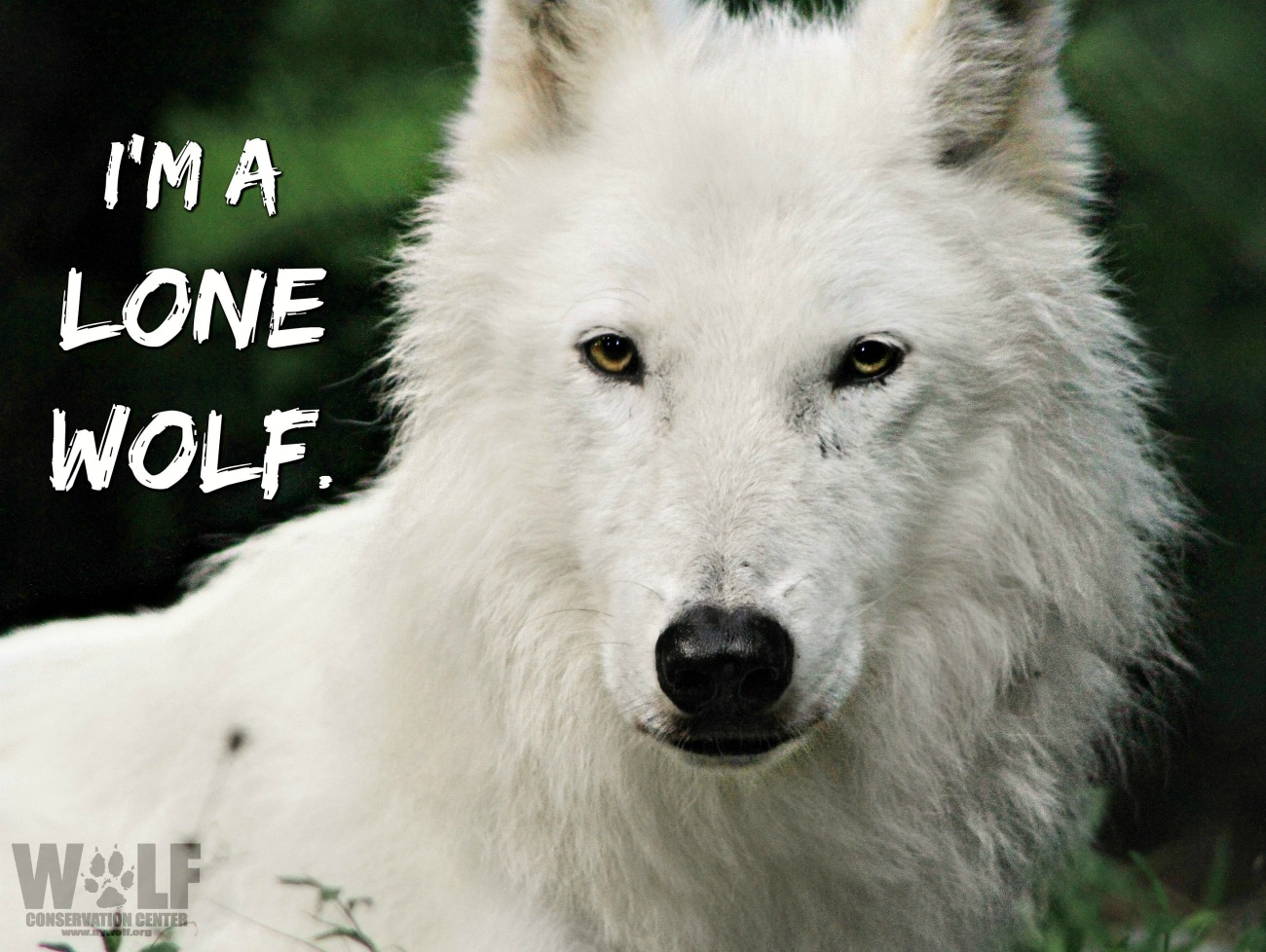

#LONE WOLF MEANING FREE#
A proverb about the teips (clans) is "equal and free like wolves". The "lone wolf" symbolizes strength, independence and freedom. According to folklore, the Chechens are "born of a she-wolf", as included in the central line in the national myth.

The wolf is a national symbol of Chechnya. The names of nation of Georgia derives from Old Persian designation of the Georgians vrkān ( 𐎺𐎼𐎣𐎠𐎴) meaning "the land of the wolves", that would eventually transform into gorğān, term that will be finding its way into most European languages as "Georgia".

One of the earliest written references to black wolves occurs in the Babylonian epic Gilgamesh, in which the titular character rejects the sexual advances of the goddess Ishtar, reminding her that she had transformed a previous lover, a shepherd, into a wolf, thus turning him into the very animal that his flocks must be protected against. Traditional Tsilhqot'in beliefs have warned that contact with wolves could in some cases possibly cause mental illness and death. Wolves have sometimes been associated with witchcraft in both northern European and some Native American cultures: in Norse folklore, the völva Hyndla and the gýgr Hyrrokin are both portrayed as using wolves as mounts, while in Navajo culture, wolves have sometimes been interpreted as witches in wolf's clothing. The wolf holds great importance in the cultures and religions of many nomadic peoples, such as those of the Eurasian steppe and North American Plains. The modern trope of the Big Bad Wolf arises from European folklore. The wolf is a common motif in the foundational mythologies and cosmologies of peoples throughout Eurasia and North America (corresponding to the historical extent of the habitat of the gray wolf), and also plays a role in ancient European cultures. The Capitoline Wolf with Romulus and Remus


 0 kommentar(er)
0 kommentar(er)
